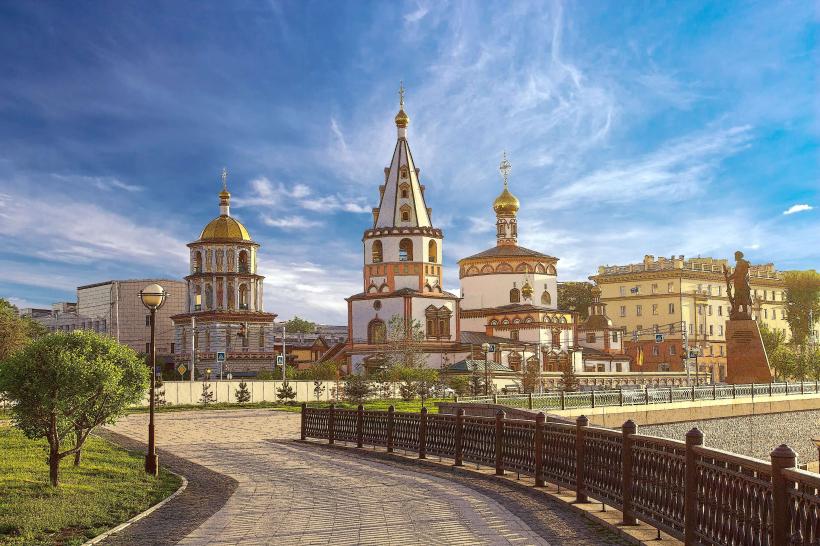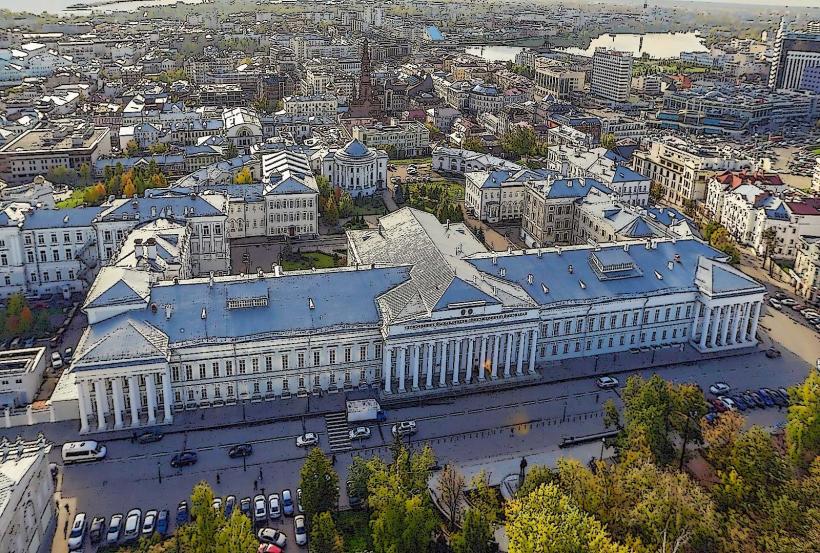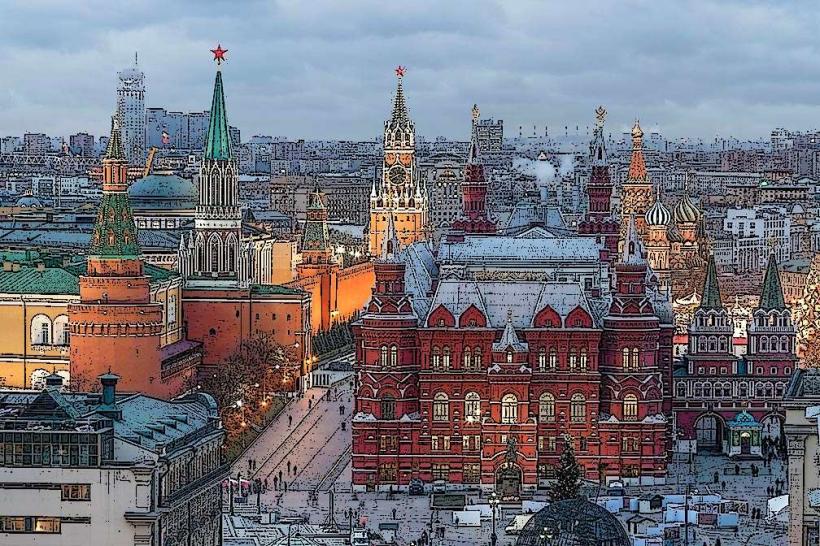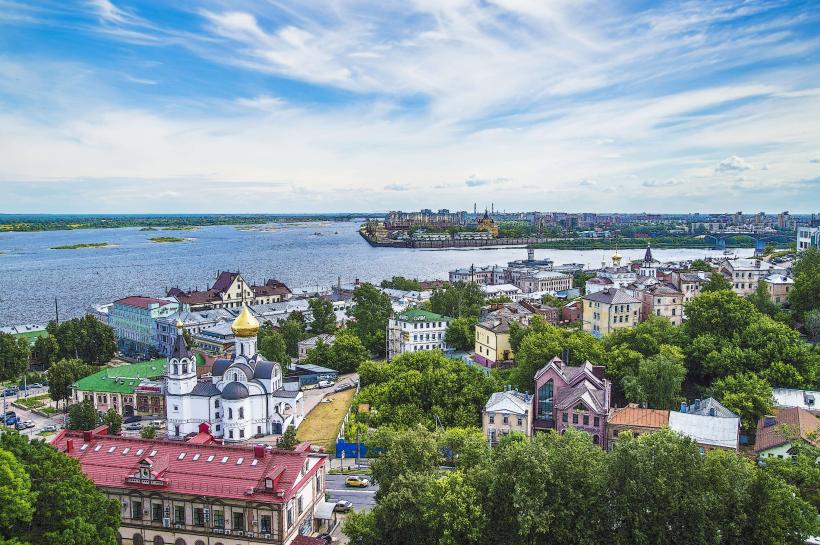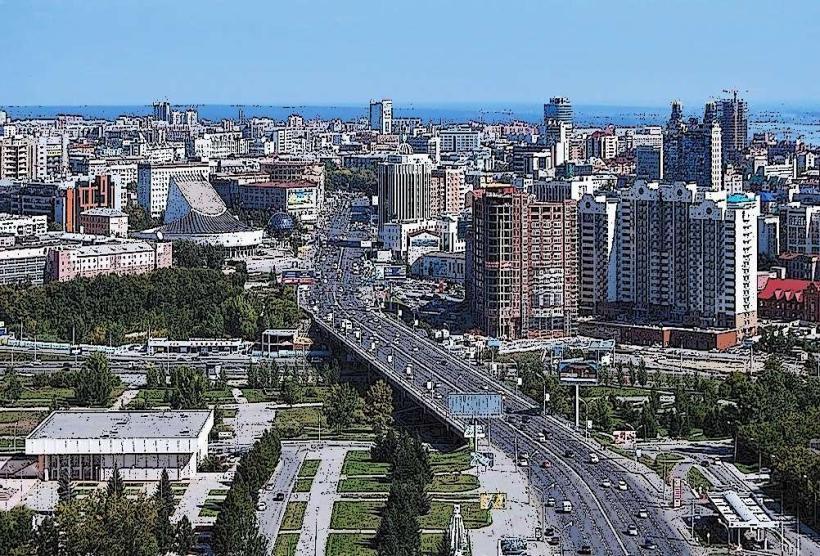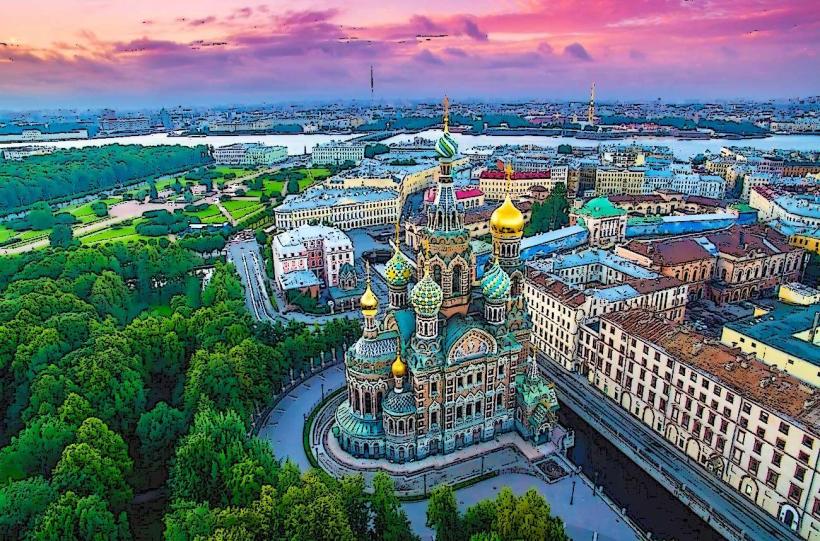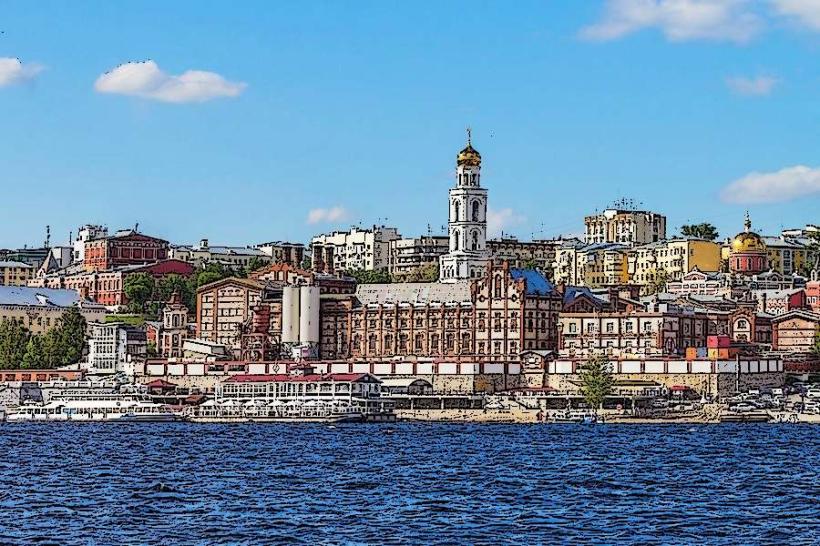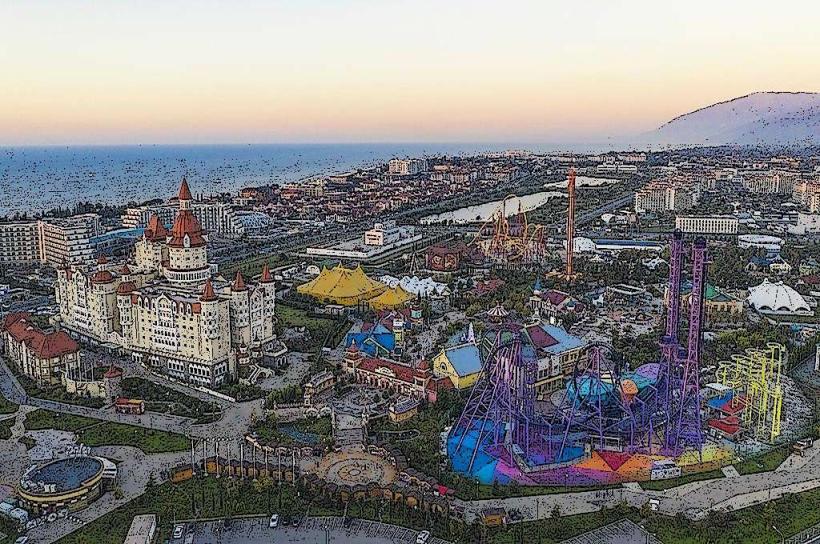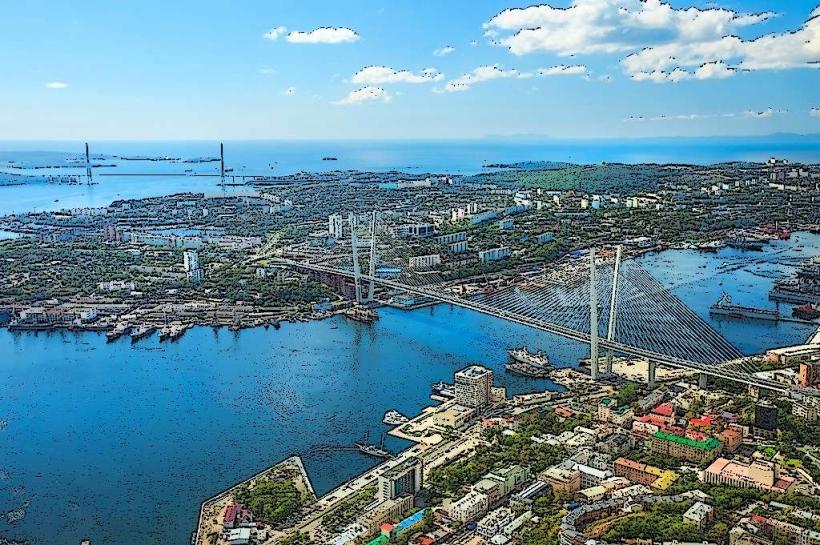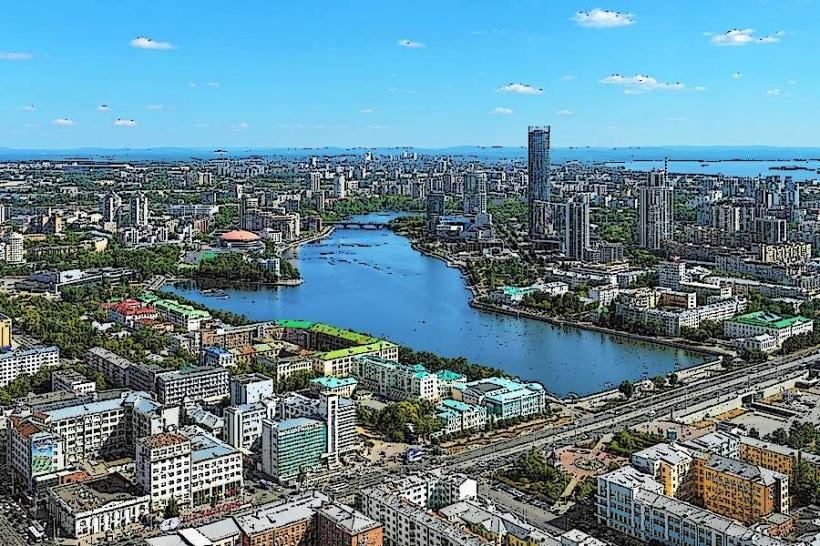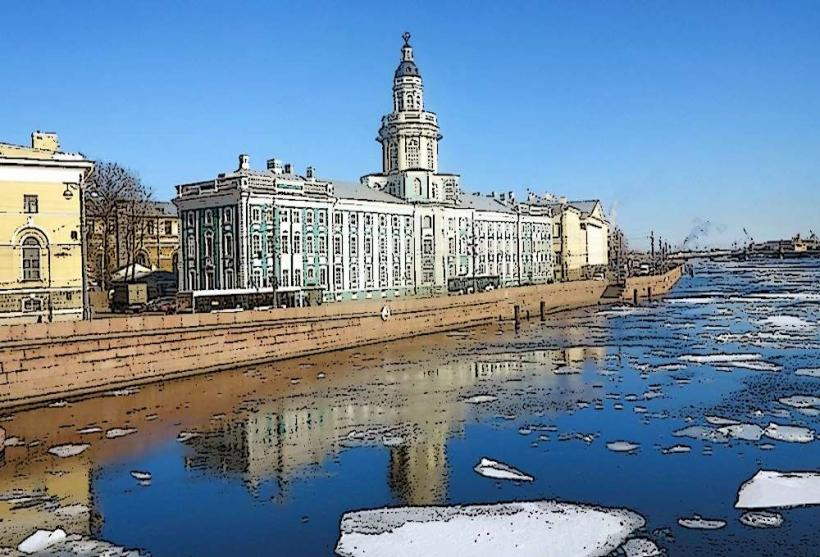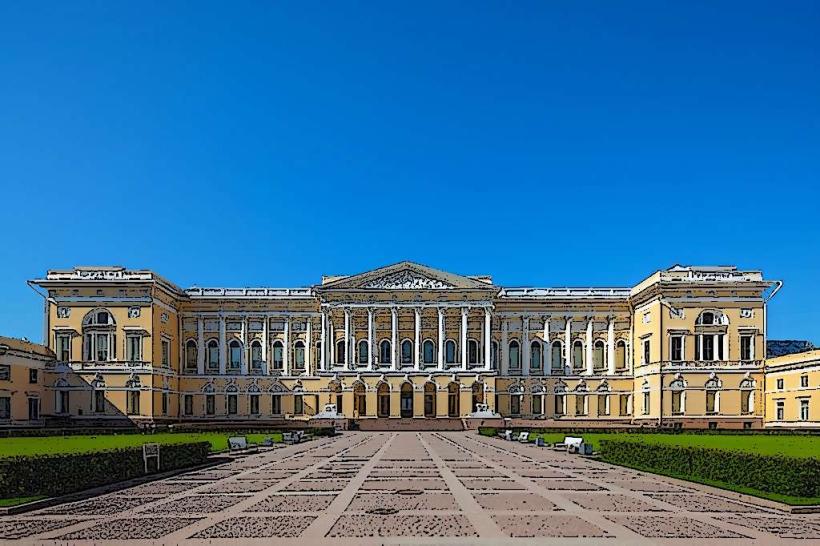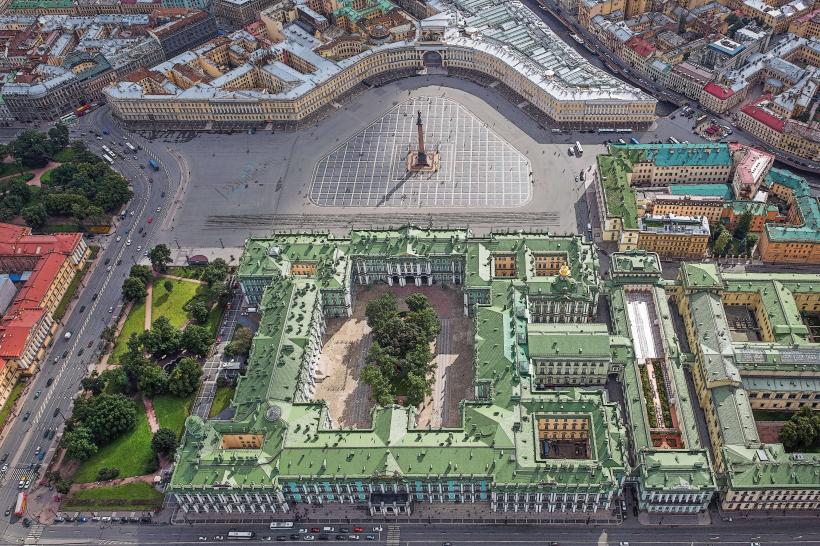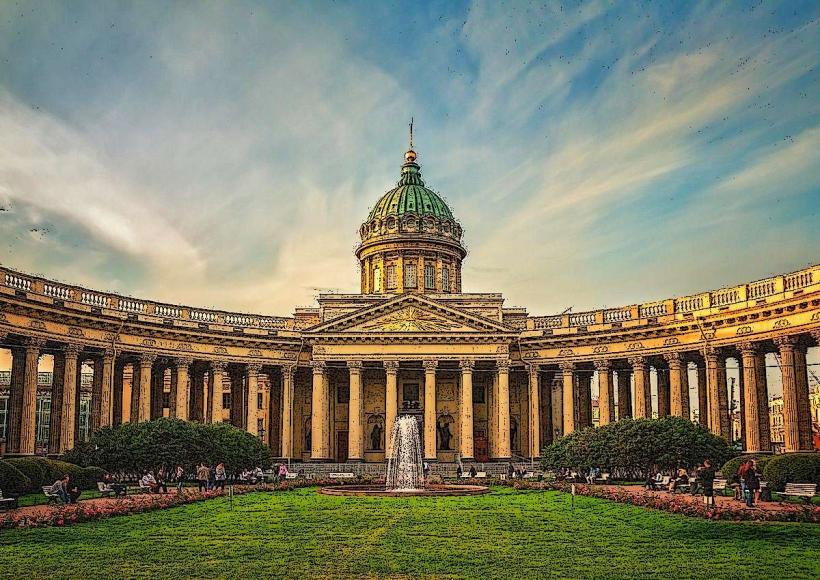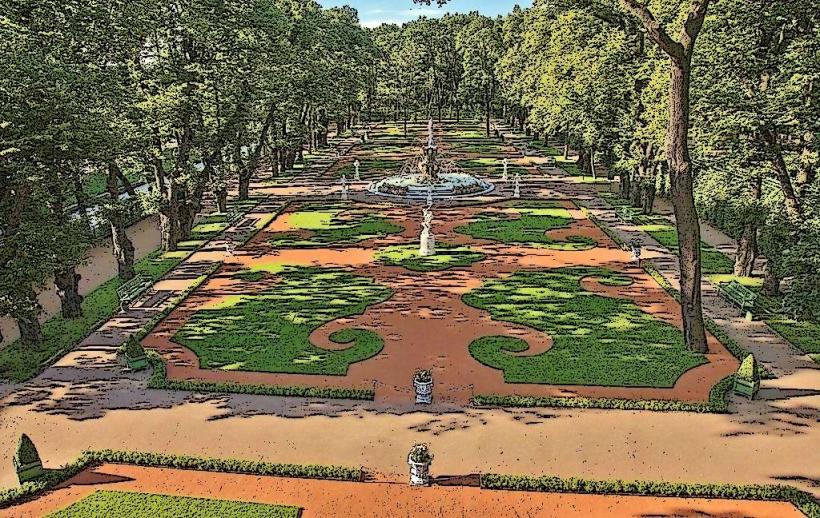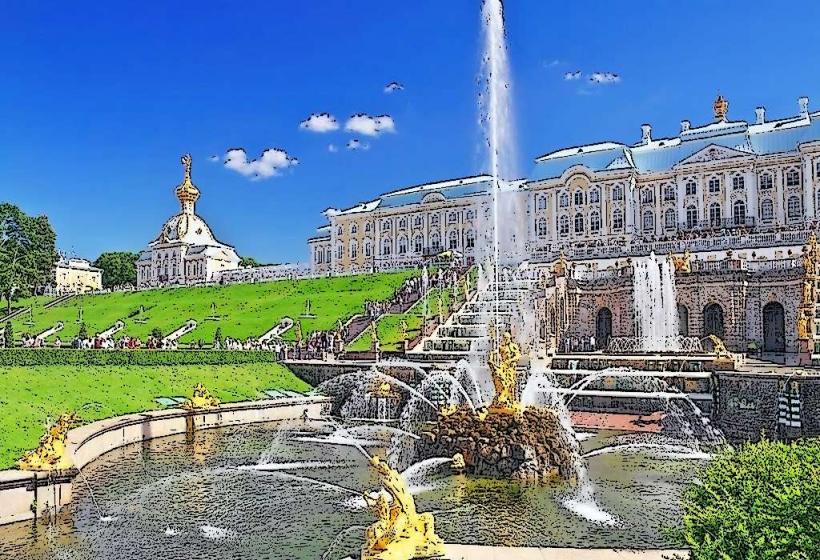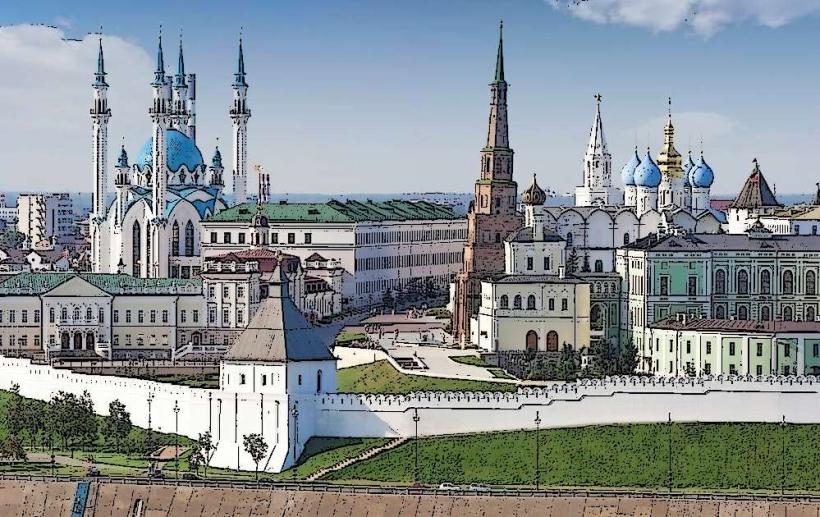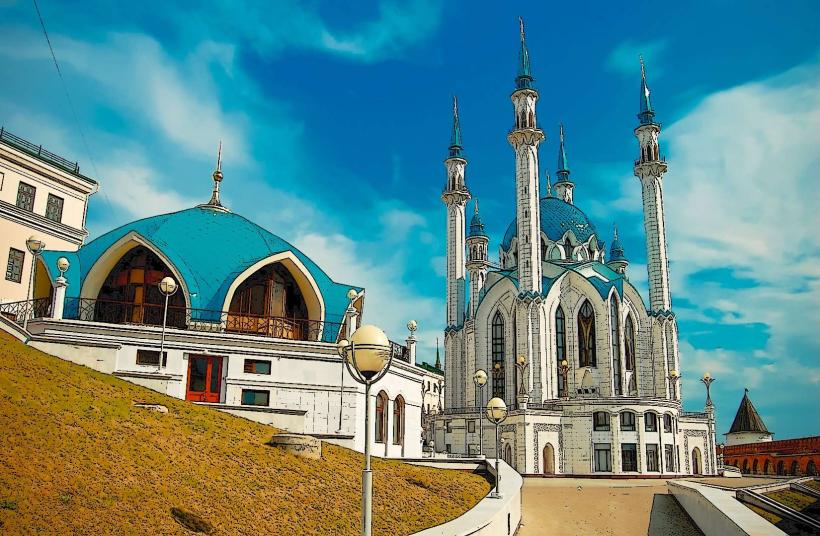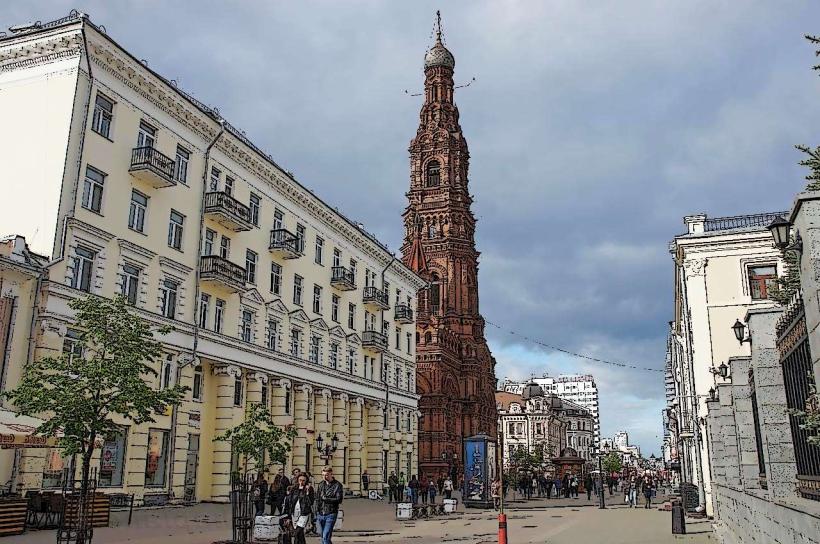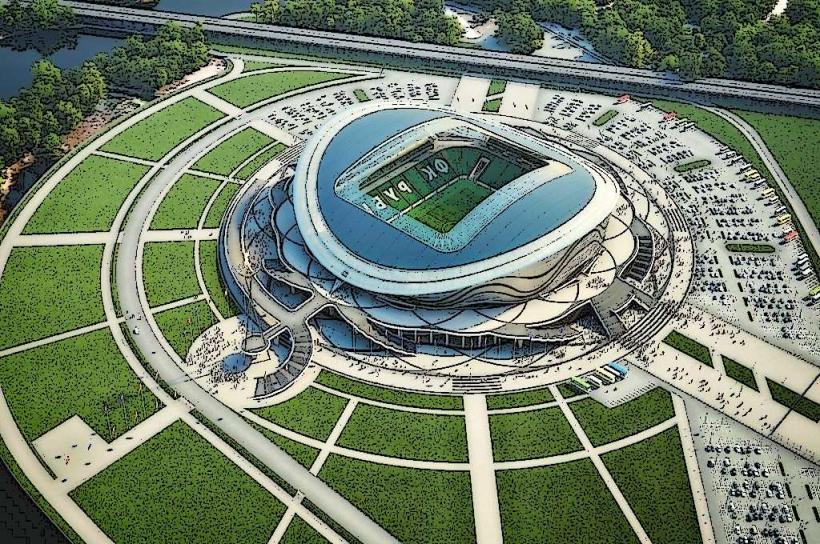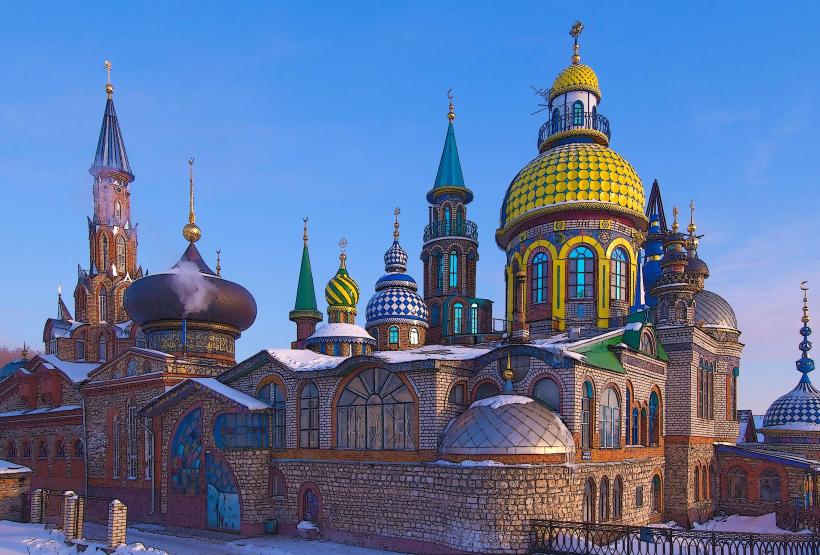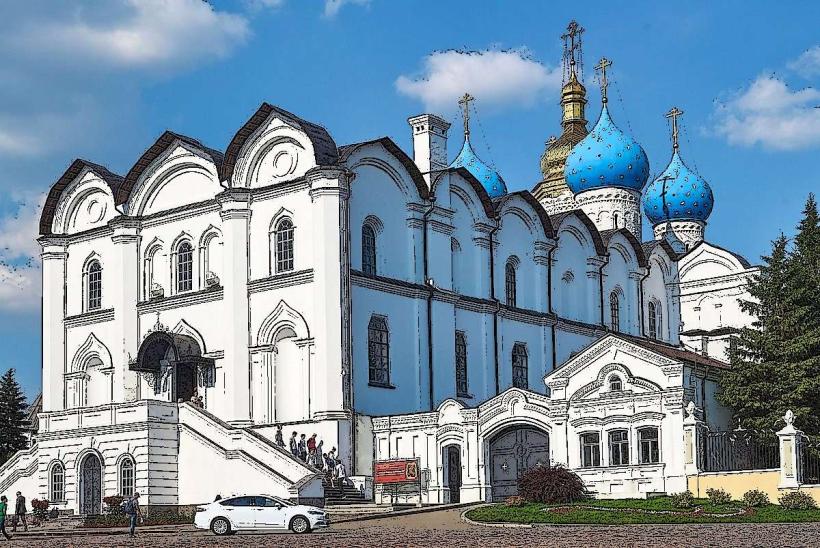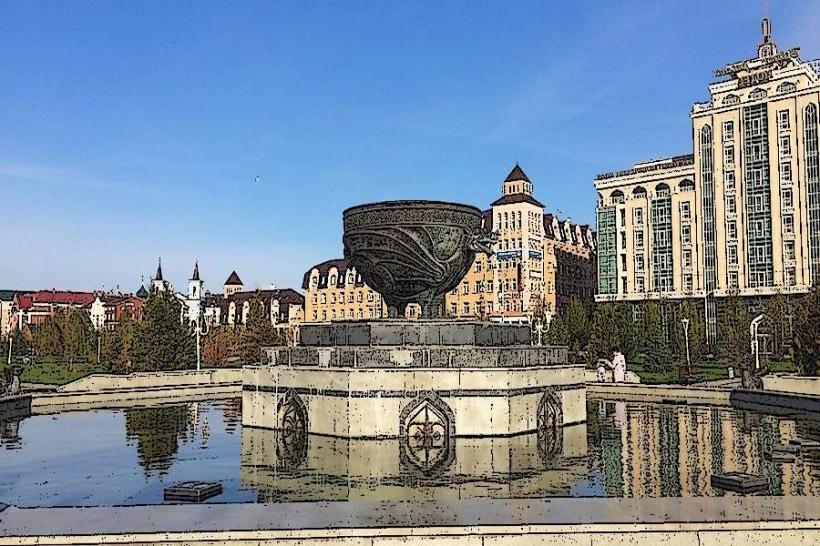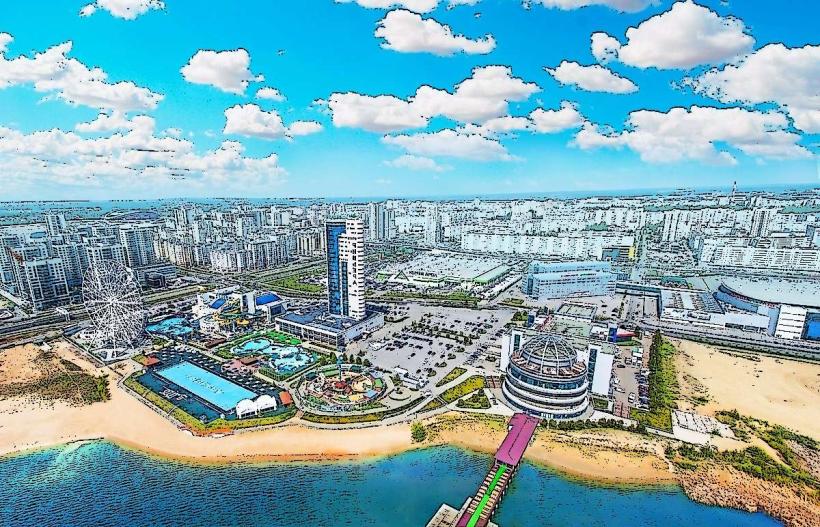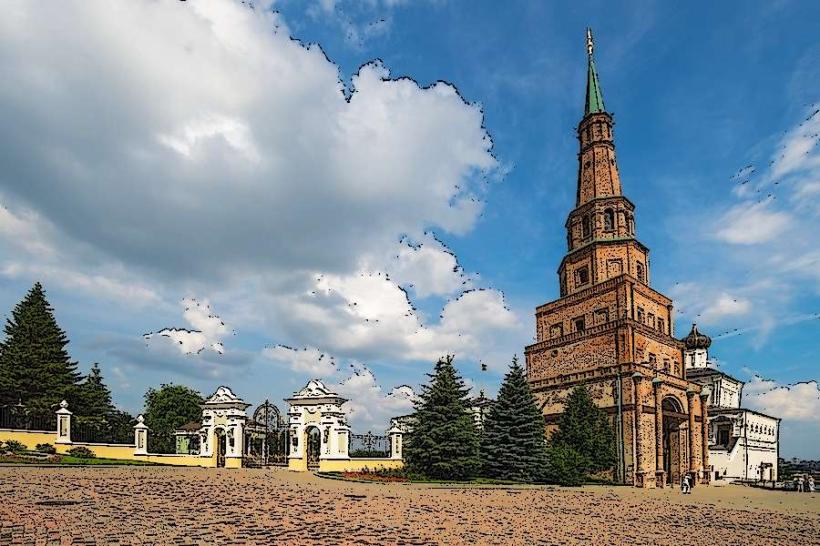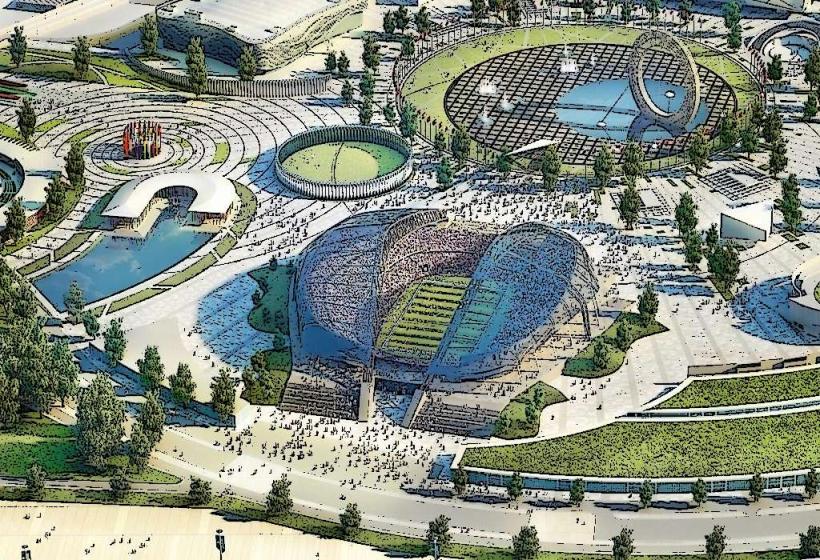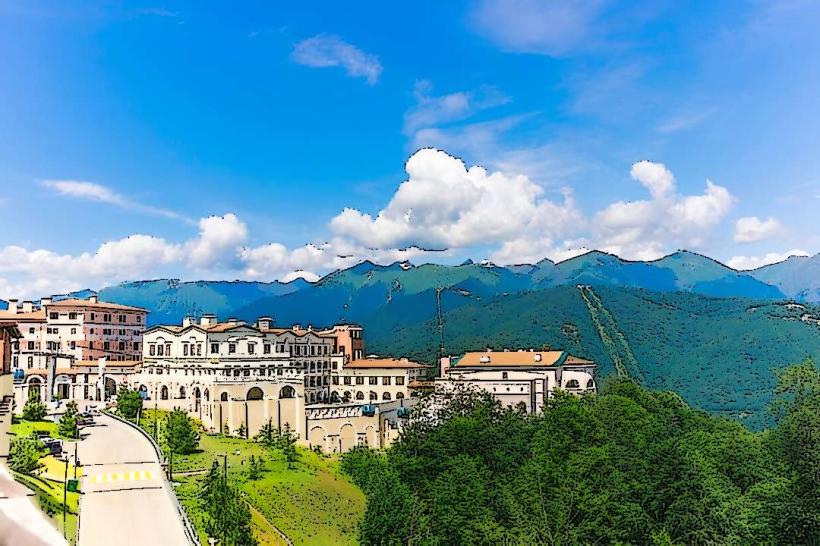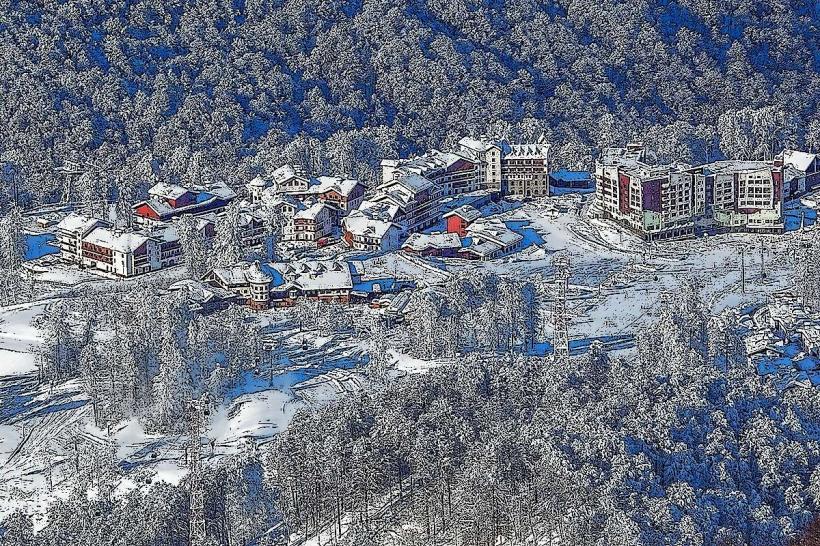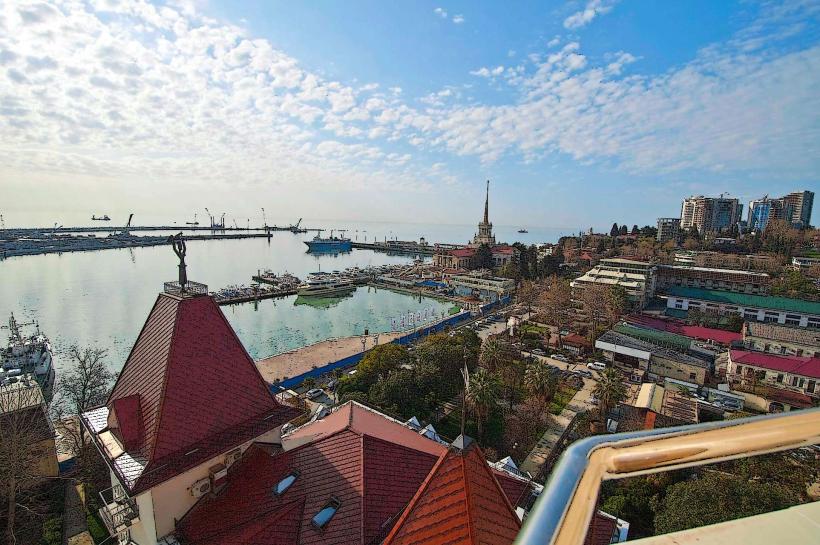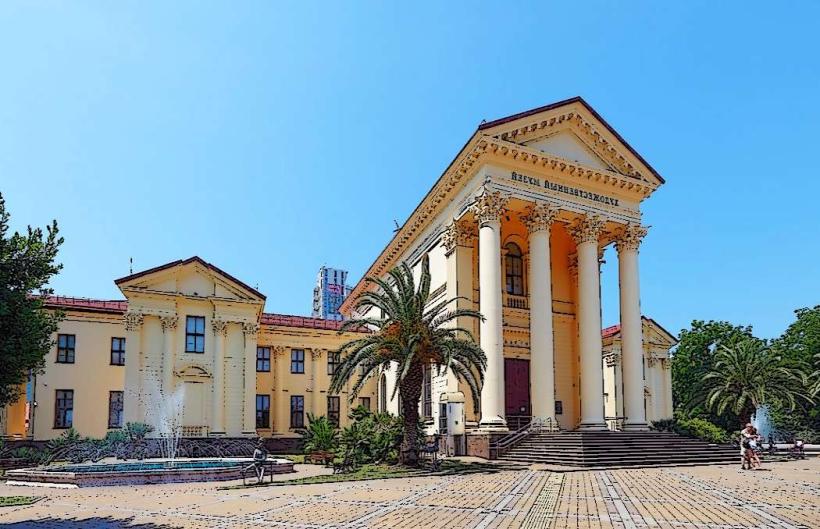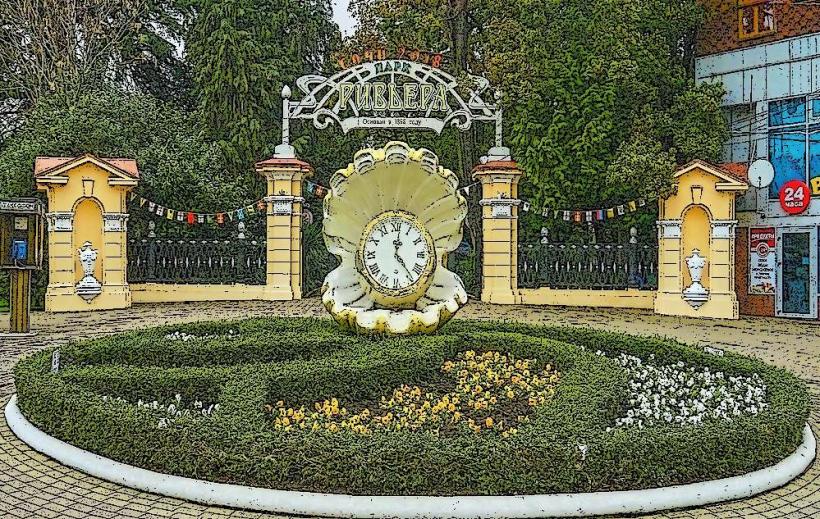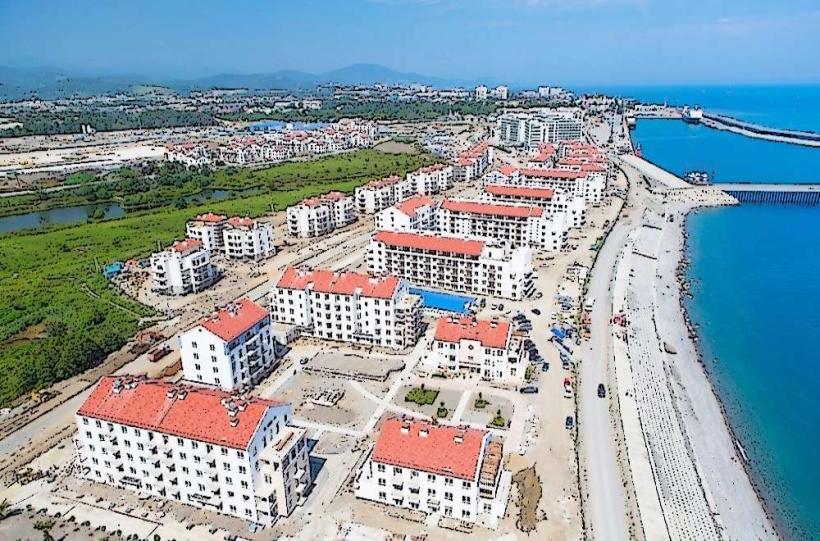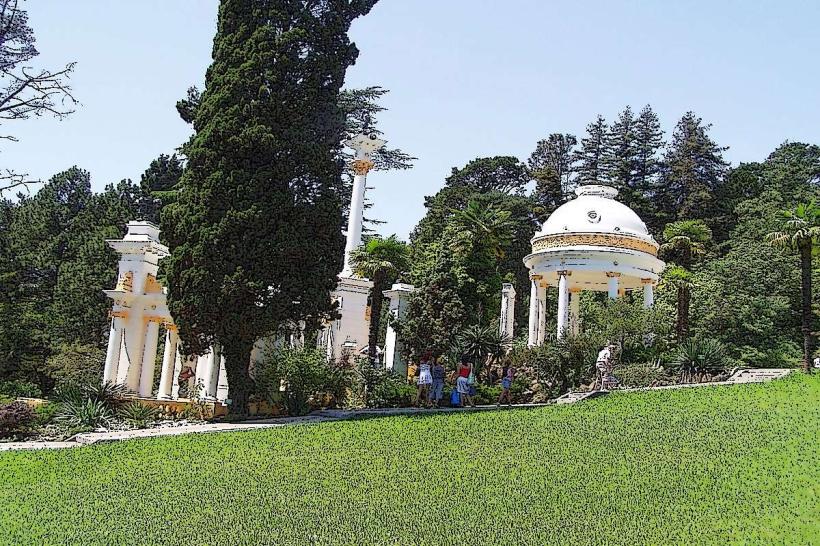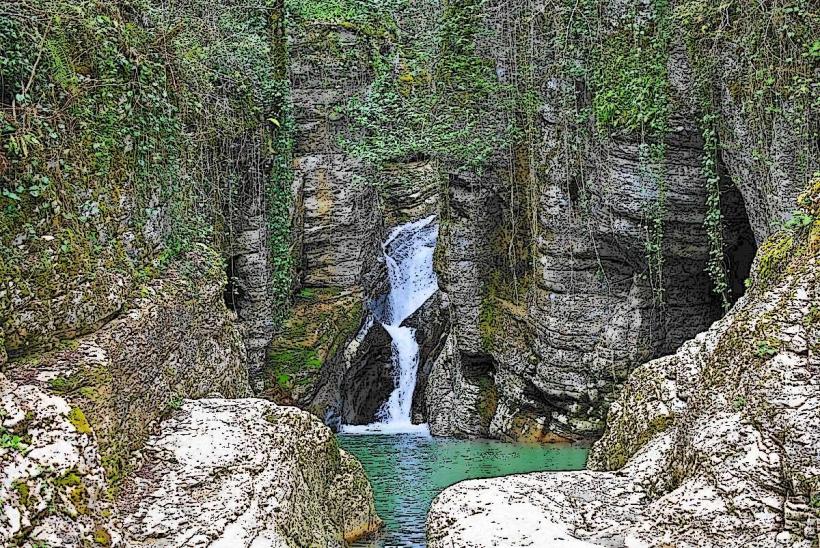Information
Country: RussiaContinent: Europe
Russia, Europe
Russia is the largest sovereign state in the world, spanning Eastern Europe and Northern Asia. Its economy is undergoing a transition toward self-reliance and "friendly-nation" partnerships due to extensive international sanctions; the capital is Moscow, while Saint Petersburg remains its cultural and secondary economic hub.
Visa & Entry Policy
As of January 11, 2026, Russia maintains strict reciprocity-based entry requirements for Western nations:
Visa Mandatory: US, UK, and most EU citizens require a physical or electronic visa. Visas on arrival are not available.
Unified e-Visa: Available to citizens of 55+ countries (including many EU states). It allows a single entry for up to 16 days within a 60-day validity window. Application must be submitted online via the MFA portal.
Biometrics: Since December 2024, all foreign nationals entering via Moscow airports (SVO, DME, VKO, ZIA) or the Orenburg land border must provide fingerprints and a digital photograph upon arrival.
Skilled Visa Route: Effective April 15, 2026, a new "Skilled Visa Programme" allows foreign professionals in science, business, and tech to apply for three-year temporary residency or direct Permanent Residency (PR) with no language test required.
Passport Validity: Must be valid for at least six months beyond the visa's expiration date.
Language & Communication
Russian is the official language. English proficiency is low to moderate in Moscow and Saint Petersburg and negligible in the regions.
Cyrillic Script: Essential for navigating transport and signage outside of major metropolitan tourist zones.
Communication Apps: Telegram is the primary medium for both personal and official communication.
Currency & Payment Systems
The official currency is the Russian Ruble (RUB).
Sanctions Impact: International Visa, Mastercard, and Amex cards issued outside Russia do not work.
Mir Payment System: The domestic Mir system is universal. Travelers can now obtain a "Tourist Card" (Mir-branded) from partner banks (e.g., Center-Invest) or via remote identification through authorized tour operators before arrival.
Digital Ruble: As of January 1, 2026, the Central Bank of Russia has cleared the Digital Ruble (CBDC) for government usage (salaries, social payouts). A large-scale retail rollout is targeted for September 1, 2026.
Cash: USD and EUR can be exchanged for Rubles at banks, but denominations must be in mint condition.
National Transport Grid
High-Speed Rail: The Moscow–Saint Petersburg HSR construction is the primary focus of 2026, aiming to reduce travel time to 2 hours and 15 minutes upon completion.
Inland Waterways: In early 2026, the government launched a strategic push to expedite waterway infrastructure to boost agricultural exports via domestic water routes.
Aviation: Domestic travel relies heavily on Aeroflot and S7. International connectivity is largely restricted to hubs in Turkey, UAE, Serbia, and China.
Trans-Siberian Railway: Operates as the longest rail journey in the world (9,289 km), remaining a critical logistical and tourist artery linking Moscow to Vladivostok.
Digital Infrastructure
5G Rollout: Active deployment of 5G networks using domestic base stations began in large Russian cities in January 2026. Operators are now required by law to use Russian-made equipment and software.
Stratospheric 5G: Prototype testing for "stratostats" (high-altitude platforms) is scheduled for mid-2026 to provide connectivity to remote Siberian and Arctic regions.
Internet Restrictions: The "Sovereign Internet" law allows for centralized control; many Western social media platforms and VPNs are blocked or severely throttled.
Climate & Seasonality
Winter (Nov–Mar): Extreme cold; temperatures in Moscow average $-5°C$ to $-15°C$, while Siberia can drop below $-40°C$.
Summer (Jun–Aug): Mild to hot ($20°C–30°C$); "White Nights" in Saint Petersburg occur in June.
Spring/Autumn: Transition periods characterized by "Rasputitsa" (muddy road conditions) in rural areas.
Health & Safety
As of January 2026, Western governments (US, UK, Australia) maintain a "Do Not Travel" advisory.
Conflict Risk: High risk due to the ongoing war with Ukraine, including drone strikes in border regions and occasionally Moscow.
Arbitrary Detention: High risk for foreign nationals, particularly from "unfriendly" nations, of harassment or detention for political leverage.
Legal Caution: Criticizing the military or government ("discrediting the armed forces") is a criminal offense punishable by long prison terms.
Health: Tap water is not potable in most cities. HIV/AIDS and TB rates are high in specific regions.
Emergency: All services 112.
Top 3 Major Regions & Cities
Central Russia: Hub: Moscow (Political heart/Kremlin/Red Square).
Northwest: Hub: Saint Petersburg (Hermitage/Imperial history) and Karelia.
Siberia: Hub: Lake Baikal (world's deepest lake) and Novosibirsk.
Local Cost Index
1L Water: 65 RUB ($0.70 USD)
1 Domestic Beer (0.5L): 110 RUB ($1.20 USD)
1 SIM Card (30GB Data): 850 RUB ($9.20 USD)
Facts & Legends
Russia contains Lake Baikal, holding 20% of the world's unfrozen surface fresh water. Local folklore features Baba Yaga, a supernatural being who lives in a hut on chicken legs. Historically, Russia transitioned from a Tsardom to the Soviet Union and finally the Federation in 1991. Geologically, it holds the Urals, the ancient mountain range that traditionally divides Europe from Asia. In 2026, it remains the world's leading producer of natural gas and a primary exporter of wheat.

